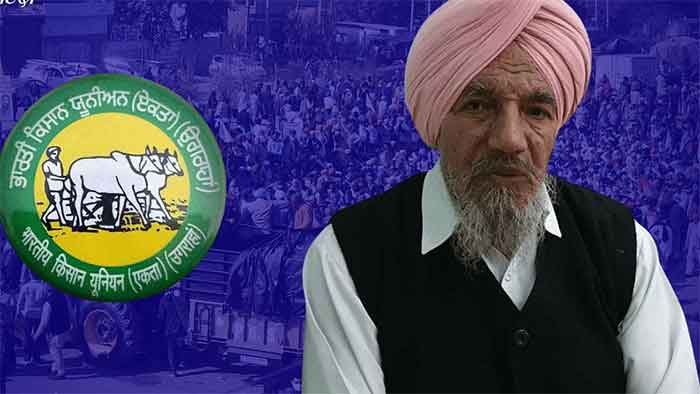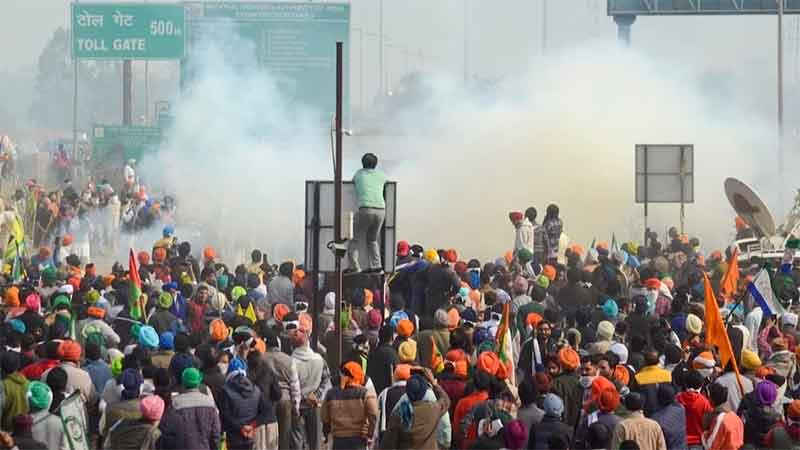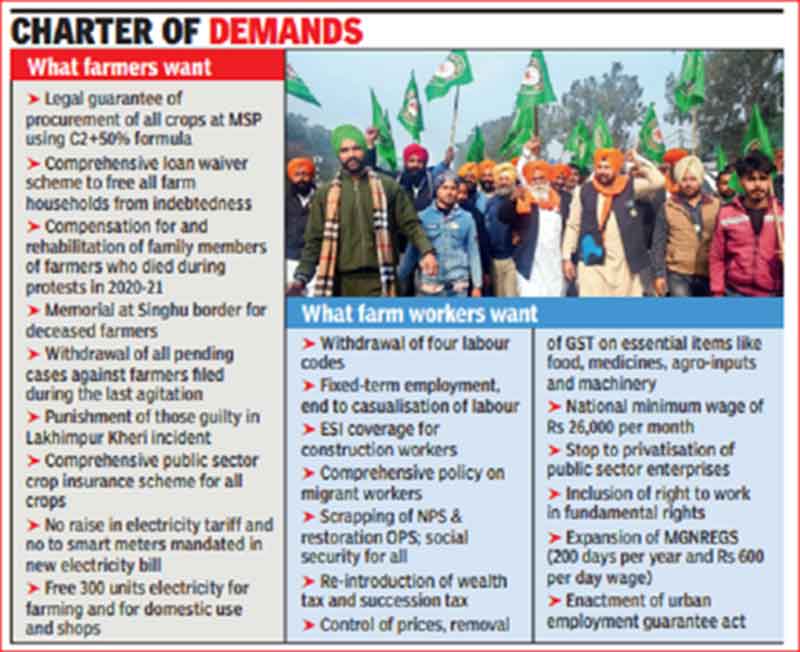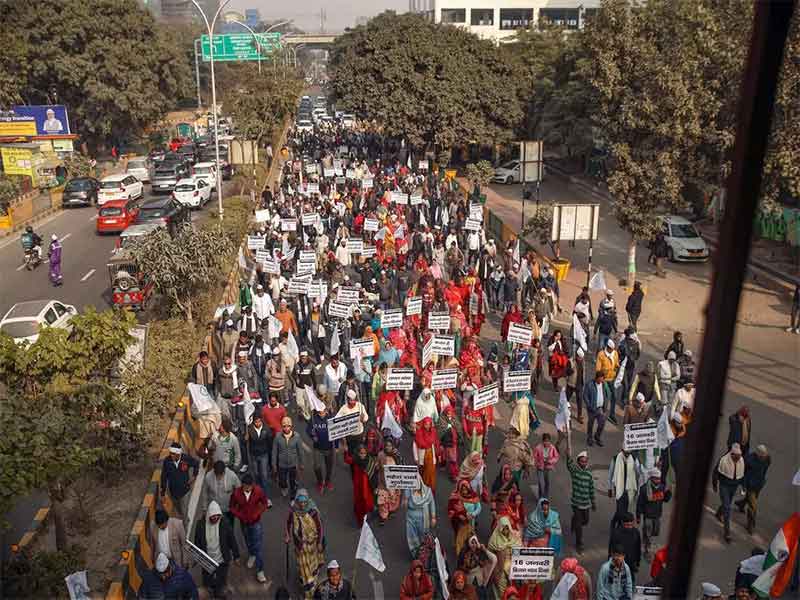
At last that day has arrived for which lakhs of farmers were undergoing trials with patience and resolute determination for the past one and a half year. The Prime Minister himself had to announce the acceptance of their most prominent demands. This announcement was listened most attentively by the peasants of the country and all the working people sympathetic to their struggle by holding their breath and the atmosphere rang with the war cries of victory and celebrations amidst waves emotions. The faces of the persons who sacrificed their lives appeared alive before their eyes. Their martyrdom was remembered and paid respect to. The working masses of the country enjoyed with the warmth of their unity, the pinnacle of this struggle which witnessed many ups and downs.
But the method adopted by the Prime Minister to announce the decision to repeal the three laws has also proved to be another evidence of his anti-people fascist mental make-up. Not only did he not feel the necessity to convene a meeting of the Cabinet but also tried to ignore the leadership of the movement by resorting to one-sided announcement. The right course would have been to hold parleys with the peasant leadership on other important issues when the decision to accept the most prominent demand of this gigantic mass movement was to be made known, and reach a consensus. Instead of undertaking all these efforts, he tried to foreground the already constructed image of himself ‘Modi hai toh mumkin hai’. It is an image which gives a lost to others’ opinions, an image upon the basis of which Modi has cornered every kind of dissenting voice and has not paid heed to the justifiable and genuine demands of the people. It is an altogether different matter that the meaning of this achievement for the struggle-tempered people cannot be changed.
In his address, the Prime Minister has tried to justify forcefully the thrust of the corporatization of agriculture working underneath the three laws. He has claimed the universal concurrence of the peasants of the entire country behind these laws and the wide-spread resistance of the peasants as merely an unpleasantness of a miniscule section. Through his address he has, in reality, apologized to the global imperialist companies and big corporates for not being successful in defrauding the people over these laws. Simultaneously he has reiterated his commitment to continue to follow the path he has been doing earlier. Ideas like zero budget farming and crop diversification has been repeated for the interests of the so-called ‘reforms’. After the Prime Minister’s address, Narander Tomar, in one of his statements, has also talked about adopting alternative methods for furthering the ‘reforms’ in agriculture. From all this it becomes amply clear that the commitment of Modi government for the entry of the corporates into the agricultural sector stands as earlier, and it is putting in efforts to find an alternative route for it. Even the proposed committee on the issue of MSP is not outside of these routes. When the commitment to the interests of the corporates is so forceful, these cannot be easy victories and the danger of the victories already achieved being washed away always roams around. The trouble for our fields and crops have not simply melted away with the declaration of the repealing of the three agricultural laws. It is matter of time that efforts will be undertaken again. To run away from government procurement has remained on its agenda even during the movement. At the time of the repealing of the laws, there will be a need to read closely and catch the latent meaning of the technical language used for that purpose, to become aware of the machinations to kick the peasants’ interests from behind. This intention of government is clear from the fact that the government has still not moved away from its claims to give ‘freedom’ to the peasants by establishing private mandis.
Even now the attempt on the part of the government will be to stop the present victory from being transformed into a standardized and comprehensive one, a victory which will help in furthering the interests of the peasantry. The government’s intentions will be to ignore other demands, to avoid giving any guarantee or even assurance of MSP and PDS, and to continue to keep the peasant leaders and the activists embroiled in legal cases.
Therefore, the need of the hour is to defeat these intentions of the government by remaining vigilant and to continue to struggle determinedly for the acceptance of the remaining demands. The flag of the struggle must be raised high till the repeal of the three laws are passed by the Parliament and guarantee on MSP and PDS and other demands like those pertaining to Electricity bill, Pollution bill, withdrawal of cases and compensation are accepted. We must remain vigilant over the moves which might be initiated for the entry of the corporates in the procurement business. These efforts may be undertaken under the name of new laws or by executive orders or through any other secret crevices. It is certain that the government will not desist from this path. Therefore, the people should be made conscious of these issues besides maintaining vigilance and unity. In the absence of clarity on the demands, the governments succeed in obfuscating or trampling upon them. In the enthusiastic atmosphere of “the laws have been repealed”, the concerns around their actual withdrawal and other issues must not be forgotten.
The first stage of this struggle has, no doubt, been won. But a prolonged struggle is required for saving the crops from being trampled in the mandis for getting proper prices for them and for securing the right to food for the working masses through PDS. This struggle now demands a higher and long-lasting unity. The need is to keep the embers of struggle burning till the declarations of victory are translated into reality. Amidst the present celebrations, the bigger concerns must not be lost sight of.
Joginder Singh Ugrahan is president of Bhartiya Kisan Union (Ugrahan))















































